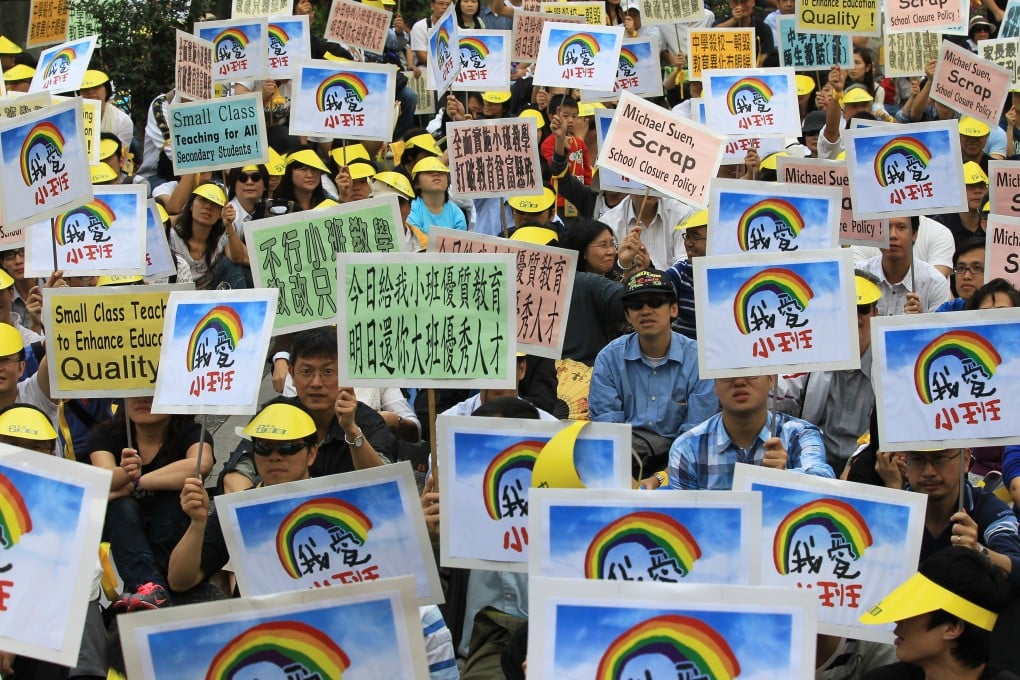Then & Now | Hong Kong civil society is in retreat, from protest organiser to the biggest teachers’ union – does it matter?
- Civil society groups big and small serve as sounding boards for those in power in the absence of representative government, but only if they want to listen
- Seeing the city’s future political direction, many of these groups that sought to make society better have dissolved. Only time will tell if they’ll be missed

From its mid-19th century urban beginnings, until very recently, Hong Kong enjoyed a thriving civil society. From temple committees and guilds to mutual-aid associations and cultural groups, all helped to create and sustain a vibrant environment that offered something for everyone.
These were also useful diagnostic tools; in the absence of representative government, monitoring of civil society activities enabled successive administrations to gauge what the public actually thought about various issues, respond accordingly, and so prevent potentially tragic policy missteps. But this vital information-gathering mechanism only works when those in ultimate power are confident enough to accommodate sometimes-raucous voices that they need to hear, but don’t particularly want to listen to.
Stopping one’s ears to unwelcome news – or jailing the courier – never makes hard-to-take, critically important messages go away for long.

From around 2003 – when the first resistance against Article 23 legislation resulted in the process being shelved – to around 2014, when it became obvious which way Hong Kong’s future was inexorably headed, numerous civil society organisations mushroomed and enjoyed an intense, productive flowering.
